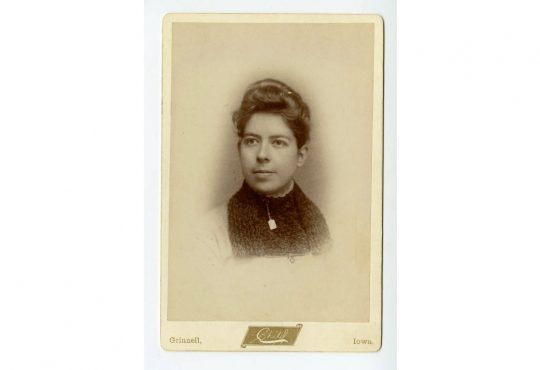Halloween has, lamentably, come and gone. Consequently, the week that ensues after the anticipation of a holiday always savors of anticlimax. However, the image of the costumes witnessed around campus will continue to burn in the retina of every student for months to come.
Of course I’m referring to the spooky, or perhaps gory, nature of the costume, which I think is fair to regarded them as memorable. However, there have been many who have voiced criticisms online over other adult-themes represented in Halloween attire. These complaints concern the “sexy Halloween Costume”, or also referred to as the “slutty Halloween Costume”.
Though much of the criticism of the sexy Halloween costumes is directed towards big vague entities like “society” or “the media” for putting so much pressure on women to cater to the male gaze, yet it should be noted that the certain ways of defending women from sexual objectification look and sound exactly like patriarchal calls for modesty.
Molly McHugh, opinions writer of The Daily Dot, writes from experience about having to battle her own prejudice toward the ‘Slutty Halloween.’ She describes the rebuke of others, as well as her own, as slut shaming: “I wasn’t necessarily furious at slutty Halloween; I was furious that I didn’t have the confidence to be a part of it, and that I had to spend so much energy trying to compete in other ways. That I could both partake and, you know, still be all those things I thought I was. And also that for some reason, I thought I have to prove all of that in visual form.”
Unfortunately, many women chose to deride those who are less modest than what’s conventional in our culture.
Erika L. Sanchez, Huffington Post Columnist and Poet, theorizes in her column “When Women Hate Women” that ‘women hate’ is actually a form of objectification. She writes, “But it’s a different kind of objectification because instead of driven by power and sexual desire, it’s driven by insecurity and disdain. Both types of gazes are dehumanizing, and sometimes I’m not sure which is worse.”
Seth Meyers, a clinical psychologist and columnist of Psychology Today, suggests this stigma is first instigated during childhood. He surmises that women hate is actually a manifestation of younger relational aggression.
Meyers references Nicki Crick, a professor in gender research, and her work investigating relational aggression, the type of aggression females appear to engage in more regularly than males (who tend to engage in more physical aggression).
In a study examining the behavior of fourth and fifth grade boys and girls, Crick found that girls were considerably more relationally victimized, whereas boys were significantly more overtly victimized.
The strange phenomenon of women hating other women is a far more detrimental form of misogyny than sexual objectification in the media—or indeed hyper-sexualisation of Halloween costumes.
Sexy, or even ‘slutty’ if you like, costumes are intended to be comical, not an earnest portrayal of a character, or indeed animal/object/occupation. This is why costumes such as sexy swat team, or sexy sea turtle exist, because they’re a little funny.
Which also makes criticism of the sexy Halloween a little obsolete; your mockery is absorbed by the theoretical levity of the costume.
Let’s support women rather than censure them for their choice of costume. It’s unreasonable for us to claim that there is such a thing as “right or wrong” clothing, just as it is for us to say that there is right or wrong music.






